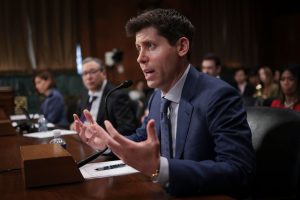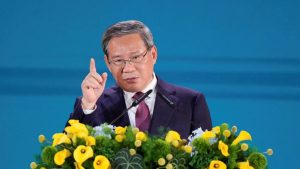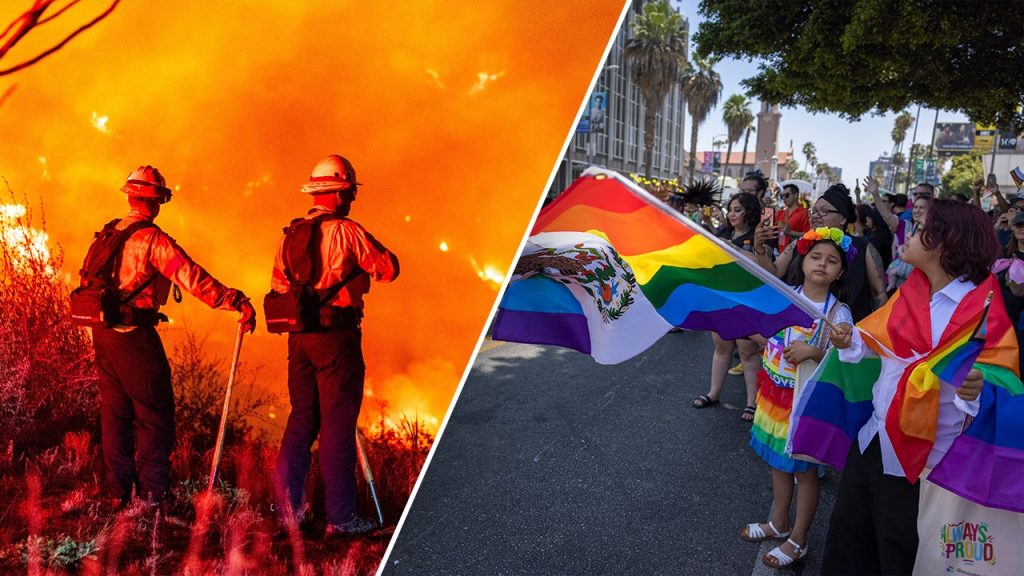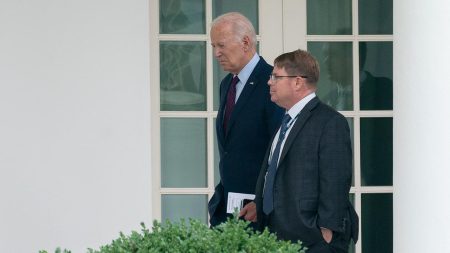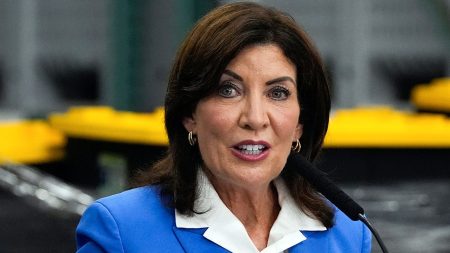The devastating wildfires that recently ravaged Southern California, leaving a trail of destruction in their wake, have ignited a fiery debate about budgetary priorities and government accountability. As homes and businesses were reduced to ashes, fueled by fierce winds and hampered by reportedly dry fire hydrants, residents directed their ire towards the Democratic leadership of Los Angeles, questioning the wisdom of budget cuts to the Los Angeles Fire Department (LAFD) amidst escalating fire risks. Just months prior to the infernos, the LAFD’s budget had been slashed by $17.6 million, a decision now under intense scrutiny as the state grapples with the aftermath of the disaster.
Adding fuel to the fire, a review of Los Angeles County’s budget revealed allocations of taxpayer dollars to various diversity, equity, and inclusion initiatives, as well as programs such as a syringe exchange for the homeless. These expenditures, juxtaposed against the backdrop of a beleaguered fire department, have sparked outrage among some residents and fueled accusations of misplaced priorities. Specifically, funding directed towards the Gay Men’s Chorus of Los Angeles, Juneteenth celebrations, Lesbian, Gay, Bisexual, and Transgender (LGBT) Heritage Month programs, and a “Midnight Stroll Transgender Cafe” providing housing for homeless transgender individuals has drawn criticism, with some questioning the appropriateness of such expenditures in the face of critical public safety needs.
The allocation of $190,000 to the Homeless and HIV Program, which includes a controversial syringe exchange program, has further intensified the debate. Proponents argue that such harm reduction strategies are crucial for public health, while critics contend that the funds could be better utilized for other pressing needs, especially in light of the fire department’s budget cuts. The county’s investment of $4.5 million in electric vehicle (EV) charger infrastructure has also become a point of contention, with some arguing that such investments should be secondary to ensuring adequate resources for essential services like fire protection.
Adding another layer to the controversy, the Los Angeles County budget reportedly allocated a substantial amount towards homelessness programs, exceeding the LAFD budget for the second consecutive year. This disparity has fueled criticism that the county’s priorities are skewed, prioritizing social programs over vital public safety measures. The controversy has escalated into a broader critique of the state’s leadership, with accusations that their “far-left policies” have contributed to the current crisis.
Amidst the smoldering ruins and mounting public anger, prominent voices have joined the chorus of dissent. Actress Sara Foster, among others, publicly criticized state officials, highlighting the seeming contradiction between high taxes and inadequate public services. Foster pointedly questioned the allocation of resources to drug kits for addicts while fire hydrants remained dry and vegetation overgrown, potentially exacerbating the wildfires. She further criticized the decision to empty reservoirs to protect fish, a move that potentially reduced water resources available for firefighting efforts.
The confluence of these events – the devastating wildfires, the LAFD budget cuts, and the allocation of funds to various social programs – has created a political firestorm. The ensuing debate underscores the complex and often contentious balancing act involved in allocating public resources and raises fundamental questions about government priorities, accountability, and the role of public safety in budget decisions. The fallout from this crisis is likely to continue resonating as residents demand answers and a reassessment of spending priorities in the face of increasing environmental threats.

